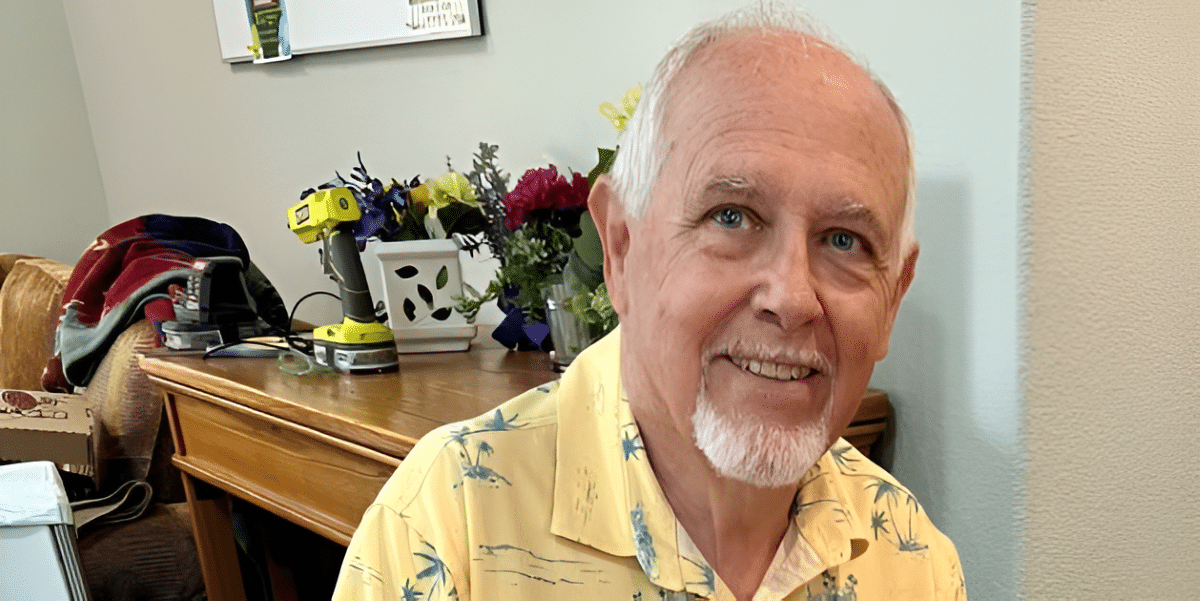“De facto separation” often gets lost in the relationship lexicon. It’s misunderstood and overshadowed by clearer terms like “breakup” or “divorce.” For many couples, it represents a distinct, emotional stage. It blurs the lines between commitment and separation. This article explores the complexities of defacto separation. It offers guidance for those navigating this uncertain territory.
Beyond a Simple Break
De facto separation means a deep change in a relationship, despite still living together. It recognizes that the partnership’s core tenets have eroded. These are emotional intimacy, shared goals, and often, physical closeness.
It may lack the legal weight of a formal separation. But, it can have big personal and legal effects. This is especially true in Australia, where the law recognizes these relationships.
Recognizing the Signs: De facto separation often creeps into a relationship. This makes it hard to pinpoint the exact moment it began.
However, some common indicators include:
- Emotional Disconnect: Communication strains, intimacy fades, and loneliness sets in, even when together.
- Shifting Priorities: Individual goals and pursuits take precedence over shared dreams and aspirations.
- Parallel Lives: Couples may live together but act independently. They interact little and share few activities.
Navigating the Emotional Landscape:
De facto separation presents unique emotional challenges:
- Ambiguity and Uncertainty: The unclear boundaries can cause anxiety and false hope. They may also breed resentment.
- Communication Breakdown: Unspoken separation often worsens communication issues. It makes it hard to address underlying problems.
- Guilt and Shame: Societal expectations and personal beliefs can cause guilt or shame. This makes it harder to face the reality of the situation.
Seeking Clarity and Support:
Navigating a de facto separation requires clear communication. It often needs professional help. Advance Family Law, a specialist firm, can help during this tough time.
- Couples Counseling: A therapist can provide a safe space for couples. They can explore their feelings, communicate, and decide their future.
- Individual Therapy: It can be very helpful for processing emotions and building self-awareness. It can also help develop coping skills.
- Legal Advice: If children or valuable assets are at stake, consult a lawyer, like Advance Family Law. It’s crucial to understand your rights and responsibilities.
FAQs
What is the difference between a de facto separation and a trial separation?
Both involve living apart. A trial separation has a set time and aims to reconcile. De facto separation is less defined, with no set end date or expectation of getting back together.
How long does a defacto separation last?
There’s no set time frame. It can last weeks, months, or even years, depending on the couple’s circumstances and decisions.
Is legal documentation needed for de facto separation?
Not necessarily, but it’s recommended, especially if assets are involved. Consulting with a legal professional can provide clarity on a suitable course of action.
Moving Forward:
De facto separation, while challenging, doesn’t have to be a dead end. It can be a time to reflect, grow, or improve the future, together or apart. Remember: You are not alone. Many couples experience this complex stage of a relationship. To navigate this transition, seek support and communicate openly. Also, honor your emotional well-being. These steps are vital for clarity and resilience.
Remember: You are not alone. Many couples experience this complex stage of a relationship. To navigate this transition, seek support. Focus on open communication. And, honor your emotional well-being. These are essential for clarity and resilience.
Disclaimer: The content in this article is provided for general knowledge. It does not constitute legal advice, and readers should seek advice from qualified legal professionals regarding particular cases or situations.
Published by: Martin De Juan










